Generally, you won't tend to find any DIP-packaged USB controllers or USB mass storage-grade parts because of the speed of operation. I'm assuming you're talking about a breadboard like this:

This is because the USB 2.0 protocol uses a SerDes differential line that runs effectively at 480 MHz. Now, underside the breadboard, we're looking at something different:

These parallel strips of metal are what help to retain pins, but they have a serious side-effect. They raise the capacitance of any circuits put on them severely. Because capacitors transmit AC and serve as a short to DC, your USB signal could effectively bleed through the breadboard at will. There are other effects, but in practice, standard prototyping breadboards of this style of construction are limited to a maximum speed of 10 MHz (significantly less for analog circuits) or so before that capacitance really starts messing with a circuit too much.
If you're still interested in learning about USB, there are multiple avenues you could still pursue. You could get a Arduino/Teensy/ChipKit/etc. board and find a USB stack supporting the Mass Storage Class (for example, this one for PIC-based microcontrollers) and throw on a couple SPI flashes and use that to experiment with how USB handles mass storage data. You can always move up to the "big league" of actual USB mass storage device creation when you have the skill set or the want to do so.

